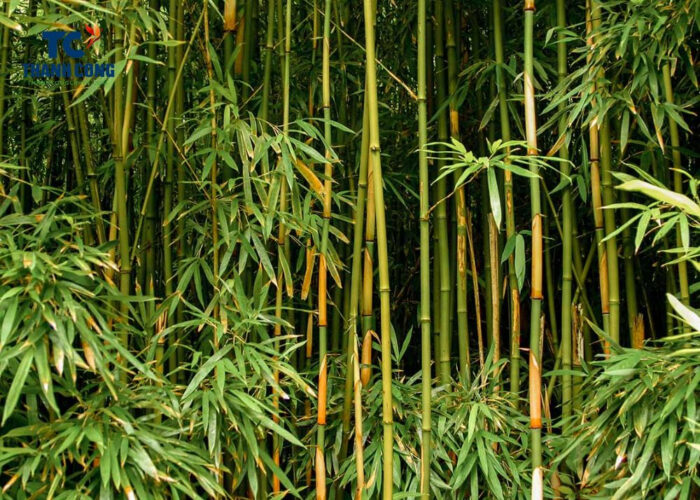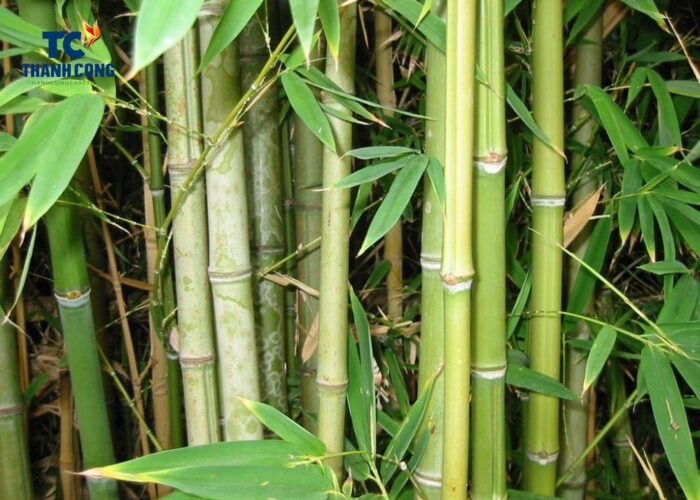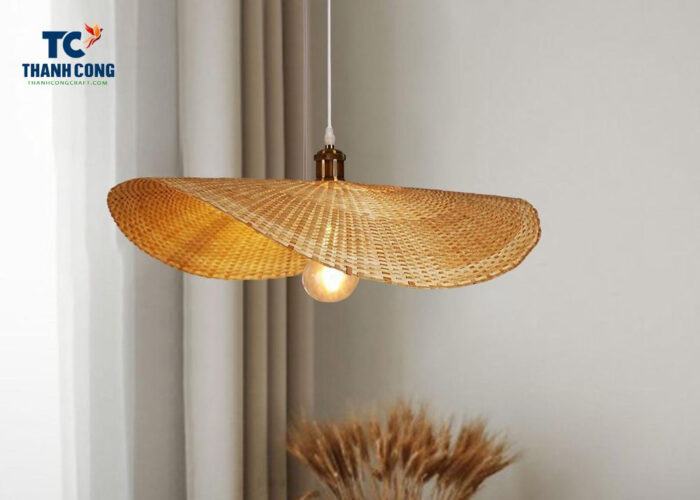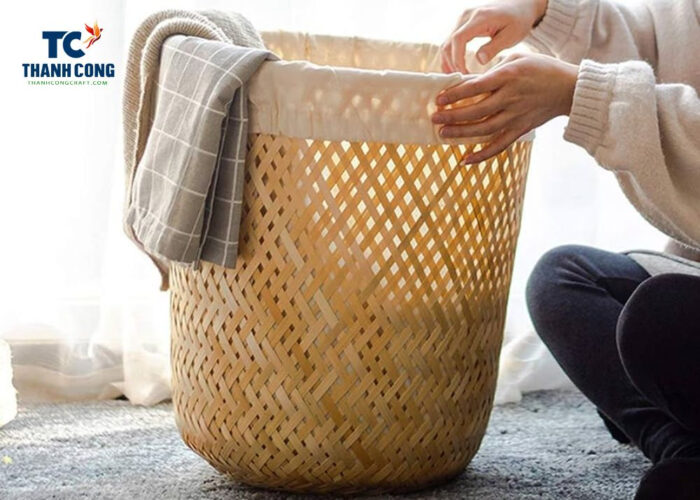In the heart of nature’s symphony, amid the lush green tapestry of forests, a remarkable plant stands tall, revered for its elegance and versatility – the bamboo. As we cast our gaze upon this natural marvel, a question arises: What does bamboo need to grow? Beyond its graceful appearance lies a journey of resilience and adaptation, where the answers to this query unveil the intricate dance between the plant and its environment.
Contents
1. What does bamboo need to grow
Bamboo plants flourish in numerous regions across the globe without requiring the aid of fertilizers or other external interventions. But what exactly is the secret behind their growth? The question what does bamboo need to grow? opens the door to a realm of fascinating insights. Given the vast array of bamboo species capable of thriving under diverse conditions, they exhibit remarkable versatility and resilience in the face of various challenges.

Nevertheless, while bamboo’s adaptability is impressive, certain optimal conditions can accelerate its growth and enhance its stature. For instance, a significant number of bamboo species showcase their swiftest growth rates when exposed to abundant sunlight, while also nestled in slightly acidic and consistently moist soil. These nuanced preferences shed light on the delicate balance that contributes to the successful cultivation of these extraordinary plants.
2. What does bamboo grow best in?
Vietnam boasts a tropical climate that provides ideal conditions of high temperature and humidity for the flourishing growth of bamboo shoots. Bamboo holds a pivotal role as a vital forest resource in Vietnam. As per a forest survey conducted in 1993, bamboo forests covered a significant 11.4% of the total forested area, with an astonishing count of 5.551 billion individual stems.

Bamboo finds its thriving habitat in both pure stands and mixed forests, predominantly inhabiting evergreen tropical rainforests as well as deciduous forests across Vietnam. Its range spans from coastal regions to lowlands and extends to high mountainous areas, reaching elevations of approximately 3000 meters above sea level. Remarkably, certain species like Bambusa stenostachya exhibit an exceptional ability to withstand extreme conditions, enduring prolonged waterlogged situations, including instances of flooding, for up to a month.
3. Is Bamboo Eco-Friendly?
Bamboo stands as one of the most environmentally friendly plants on the planet, offering a multitude of benefits. Its remarkable qualities include significant carbon sequestration, acting as an effective water barrier, serving as a fire-resistant and lightweight construction material. Notably, bamboo plants excel in their ability to sequester carbon, making them exceptional agents in absorbing CO2 while producing essential O2 for our atmosphere.

Local communities often prefer bamboo due to its ability to protect their lands from flooding and soil erosion. The robust network of roots that bamboo plants develop forms a natural defense against excessive flooding. Moreover, bamboo boasts impressive resistance to fire due to its high silicate acid content, making it a reliable choice in fire-prone environments.
Expanding its utility even further, bamboo serves as the primary material for crafting a diverse range of items. This remarkable plant lends itself to the creation of various products, including wholesale bamboo baskets, essential kitchenware like bamboo bowls and cups, as well as decorative pieces such as Wholesale Bamboo Lamp Shades, cabinets, tables, and chairs.

4. Is Bamboo Toxic?
Bamboo holds a significant place in traditional Asian cuisine, where it is featured in salads and soups. Additionally, its therapeutic properties for wound healing make it a part of traditional medicine practices.
Nevertheless, it’s important to note that particularly young bamboo shoots could pose a potential risk due to their content of taxiphyllin. The reassuring aspect is that the toxic element can be eliminated through proper cooking at elevated temperatures.
Above is What Does Bamboo Need To Grow?, If you have any further questions, please don’t hesitate to contact Thanh Cong Craft email at [email protected] or message us at WhatsApp: +84967485411. Hope to serve you soon! Best regard!


